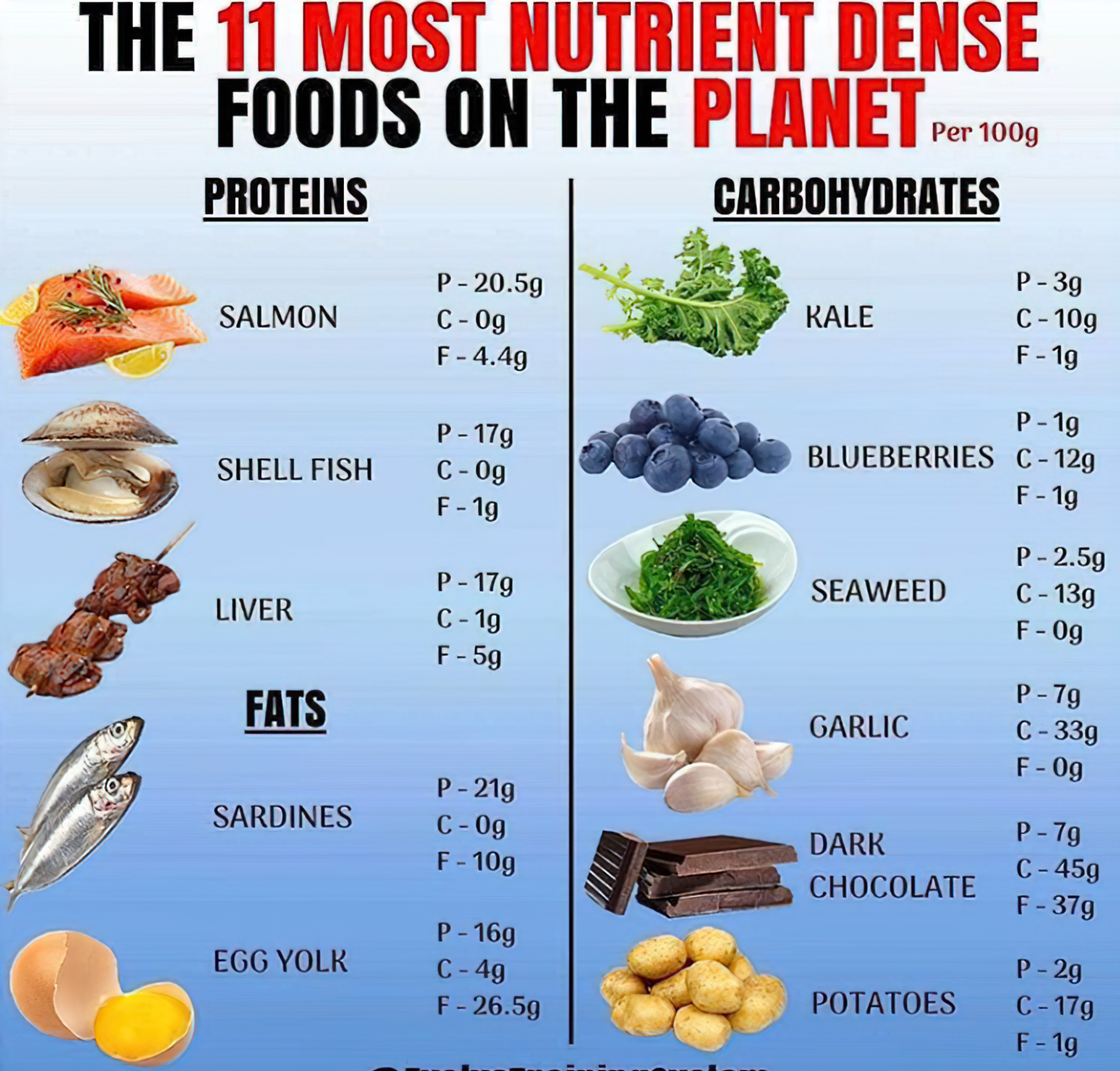Healthy eating is not just about what you put into your body, it’s also about how you approach food. Mindful eating is a way of eating that is based on the principles of mindfulness, where you pay attention to your thoughts and feelings as you eat. By being present in the moment, you can enjoy your food more fully and make healthier choices. In this article, we’ll explore tips from top chefs on how to practice mindful eating for a healthier lifestyle.
The Importance of Mindful Eating
Before we dive into the tips, let’s discuss why mindful eating is important. Mindful eating helps you become more aware of your body’s needs and signals. This means that you can recognize when you’re hungry or full, and make better choices about what to eat. By paying attention to your food, you can savor each bite and feel more satisfied with smaller portions.
Mindful eating is also a key component of a healthy lifestyle. It can help prevent overeating, which is a leading cause of obesity and other health problems. When you eat mindfully, you’re more likely to make healthier food choices, and you’ll be better able to enjoy the experience of eating.
Tip 1: Eat Without Distractio
One of the biggest obstacles to mindful eating is distractions. When you eat while watching TV, scrolling through your phone, or working on your computer, you’re not fully present with your food. This can lead to overeating and a sense of dissatisfaction. Top chefs recommend turning off all distractions during mealtime, so you can fully enjoy your food and the company of those around you.
In addition, eating without distractions can help you be more mindful of the flavors and textures of your food. When you’re not distracted, you can take the time to savor each bite and appreciate the nuances of the dish. This can help you feel more satisfied with smaller portions, and reduce the urge to overeat.
Tip 2: Listen to Your Bod
Another important aspect of mindful eating is listening to your body. This means paying attention to hunger and fullness cues, as well as any other sensations you may experience while eating. Top chefs suggest taking a few deep breaths before eating to get into a relaxed state, and then checking in with your body throughout the meal. This can help you make decisions about when to stop eating, and what types of foods to choose.
Listening to your body can also help you identify any food sensitivities or intolerances. If you notice that certain foods make you feel bloated or uncomfortable, it may be a sign that you have a sensitivity to that food. By listening to your body and avoiding foods that don’t agree with you, you can improve your digestion and overall health.
Tip 3: Savor Each Bit
Eating mindfully means savoring each bite of food. This means taking the time to appreciate the flavors, textures, and aromas of your food. Top chefs recommend chewing slowly and pausing between bites to really taste your food. This can help you feel more satisfied with smaller portions, and reduce the urge to overeat.
Savoring each bite can also help you appreciate the work that went into preparing the meal. When you take the time to savor each bite, you can appreciate the ingredients, the techniques used to prepare the dish, and the creativity of the chef. This can enhance your overall dining experience and make mealtime more enjoyable.
Tip 4: Choose Nutrient-Dense Food
Finally, top chefs emphasize the importance of choosing nutrient-dense foods for a healthy lifestyle. This means foods that are high in vitamins, minerals, and other important nutrients, and low in added sugars and unhealthy fats. When you eat nutrient-dense foods, you’ll feel more satisfied and energized, and you’ll be less likely to crave unhealthy snacks and treats.
Choosing nutrient-dense foods can also help you maintain a healthy weight and reduce your risk of chronic diseases. Nutrient-dense foods include fruits and vegetables, whole grains, lean proteins, and healthy fats such as avocado, nuts, and olive oil. Top chefs recommend incorporating a variety of these foods into your diet to ensure that you’re getting all the nutrients your body needs.
In addition, choosing nutrient-dense foods can help you feel more connected to the food you eat. When you choose foods that are grown locally or sustainably, you can feel good about the impact you’re having on the environment and the community. This can enhance your overall dining experience and make you feel more satisfied with your choices.
Conclusion
In conclusion, mindful eating is a powerful tool for healthy living. By being present with your food, listening to your body, savoring each bite, and choosing nutrient-dense foods, you can make healthier choices and enjoy your food more fully. Incorporate these tips from top chefs into your daily routine, and see how mindful eating can transform your relationship with food and your overall health.
Remember, healthy eating doesn’t have to be boring or restrictive. With mindful eating, you can enjoy delicious, satisfying meals while still maintaining a healthy lifestyle. So take the time to savor each bite, listen to your body, and choose nutrient-dense foods that nourish and energize you. Your body will thank you for it!



